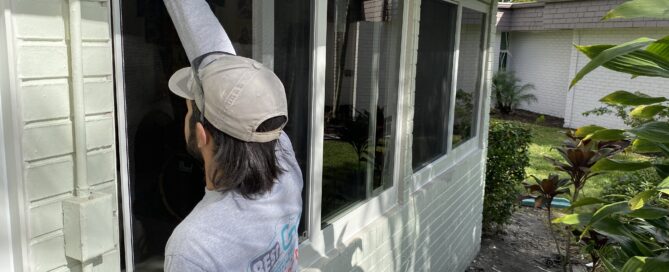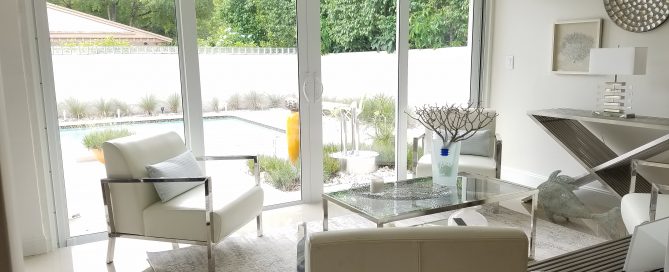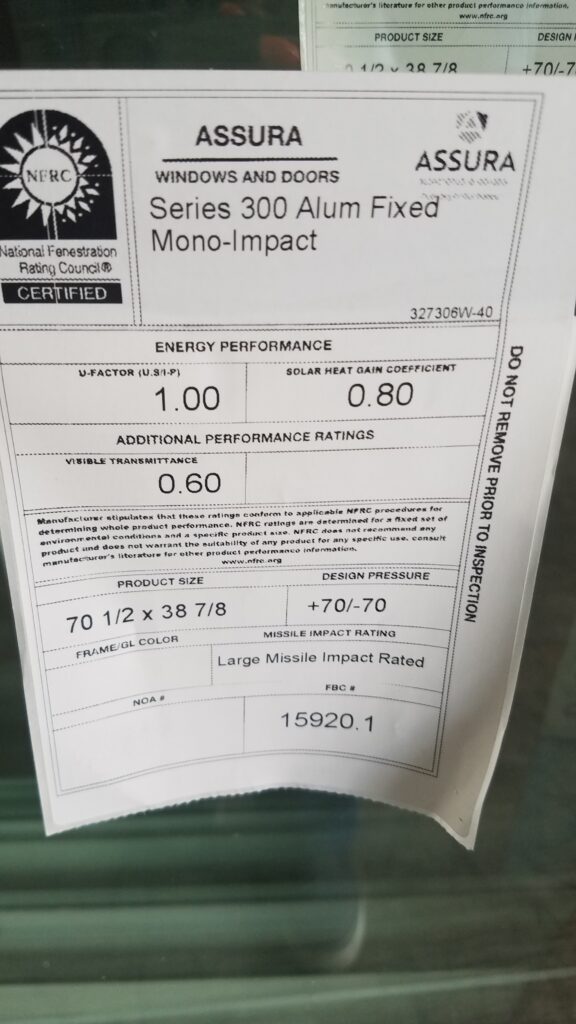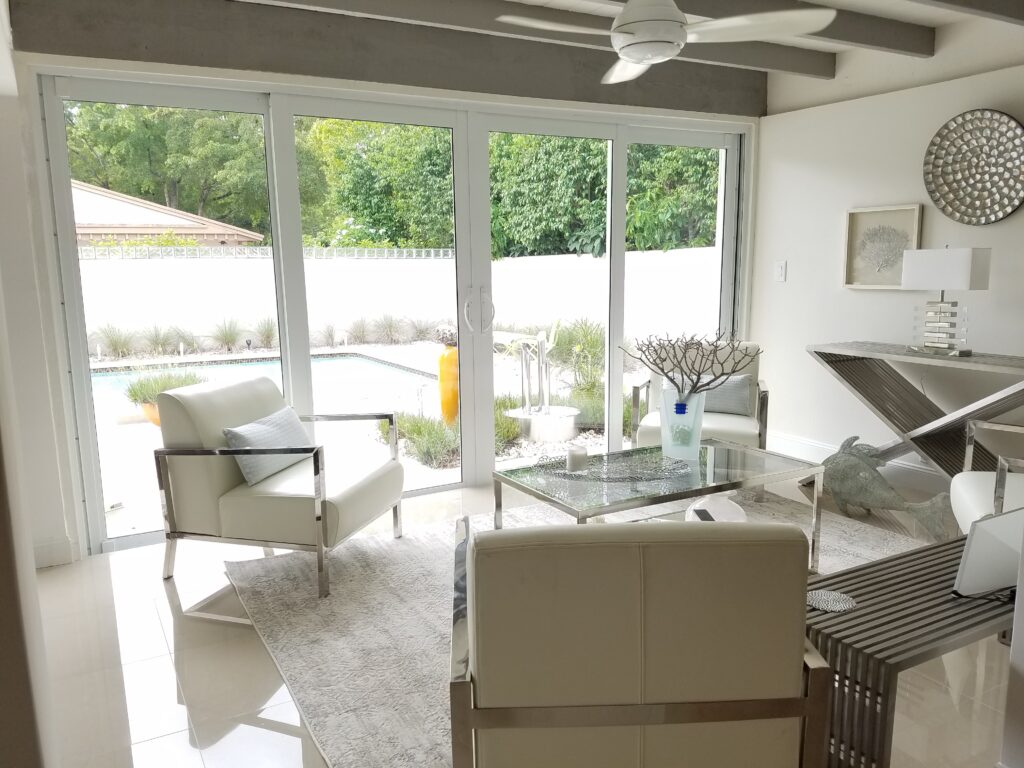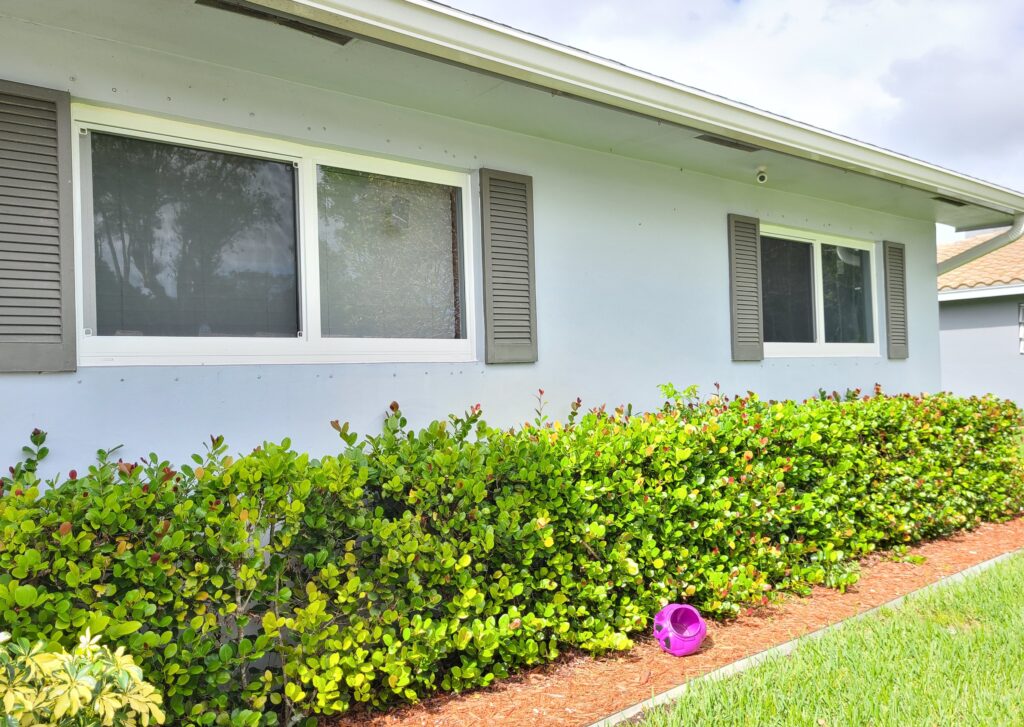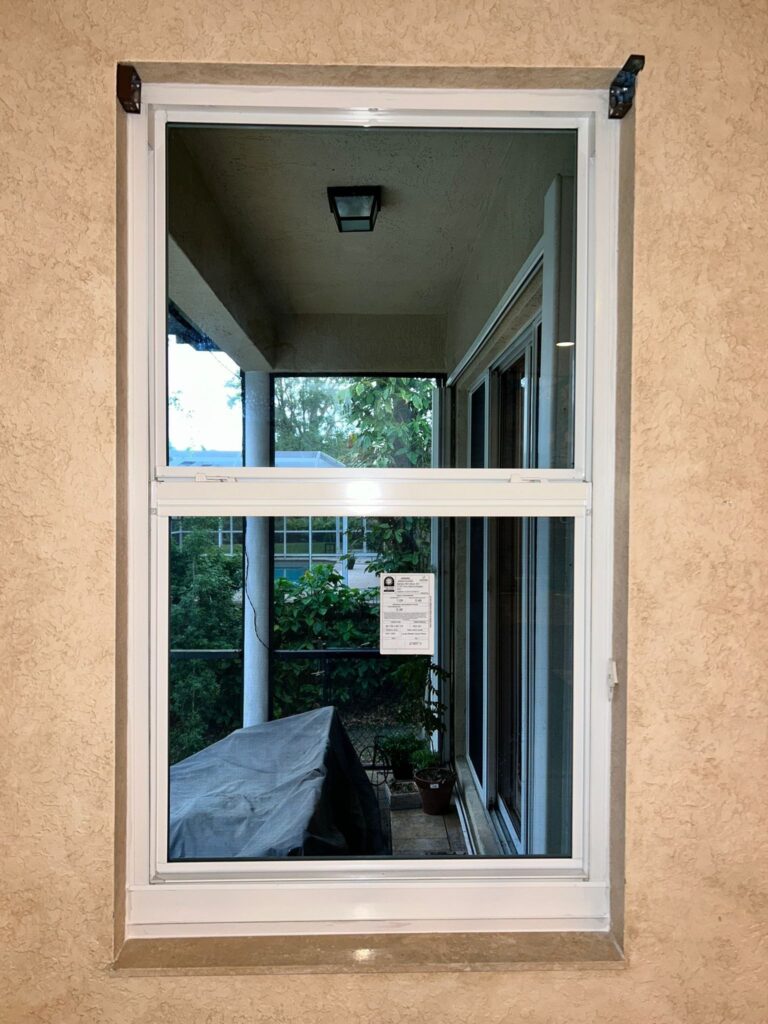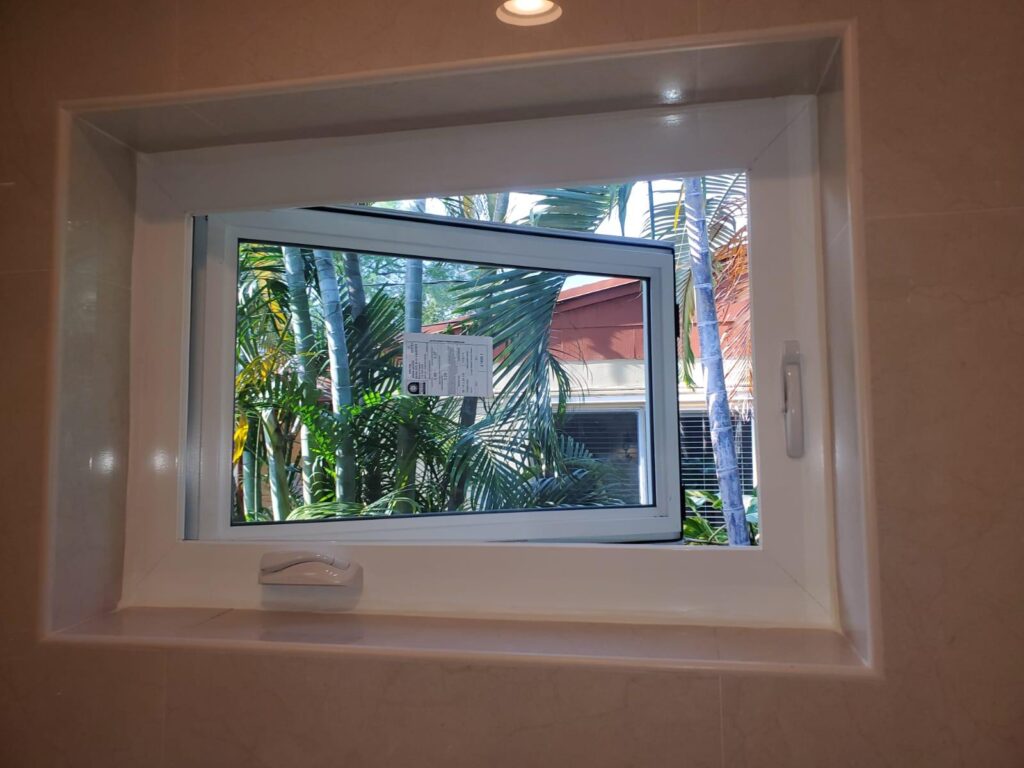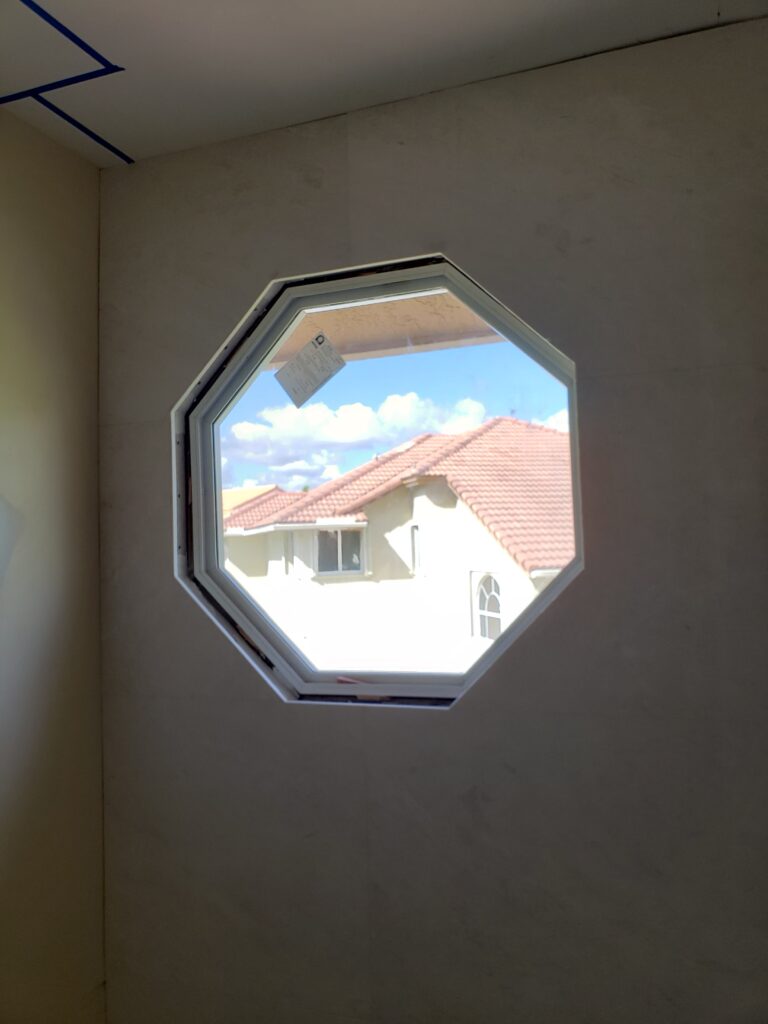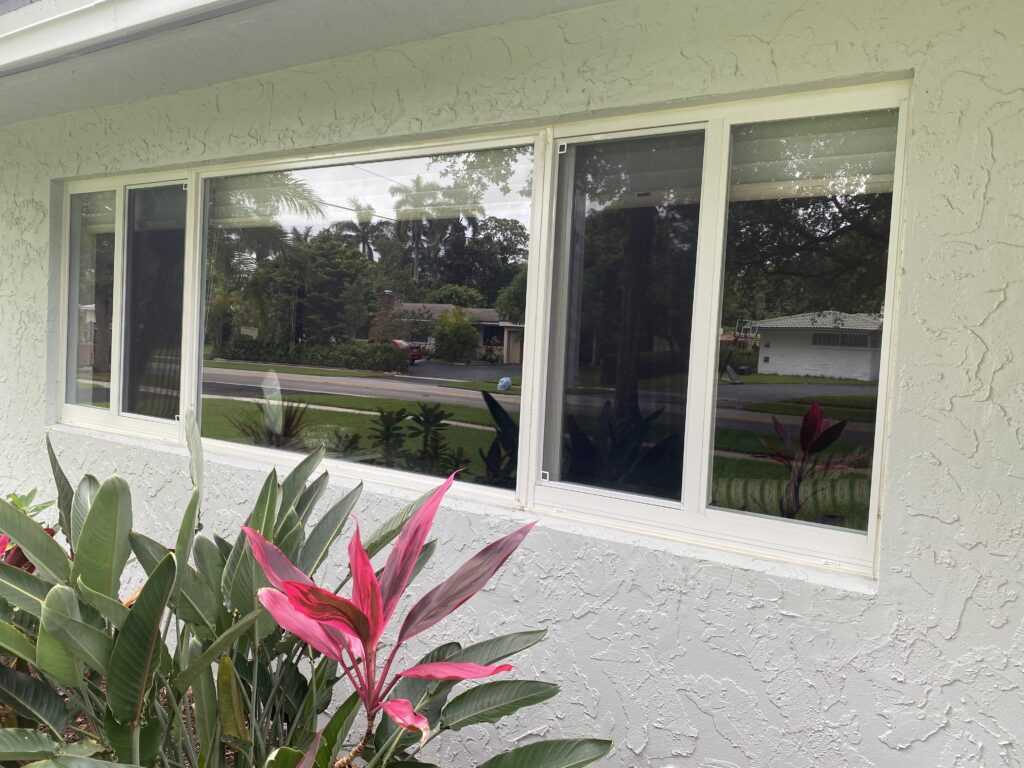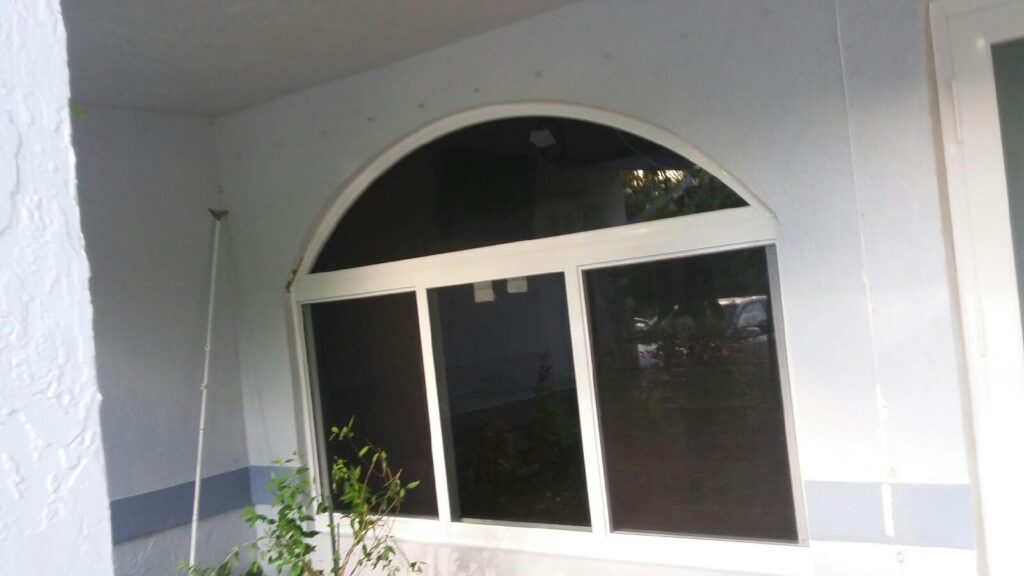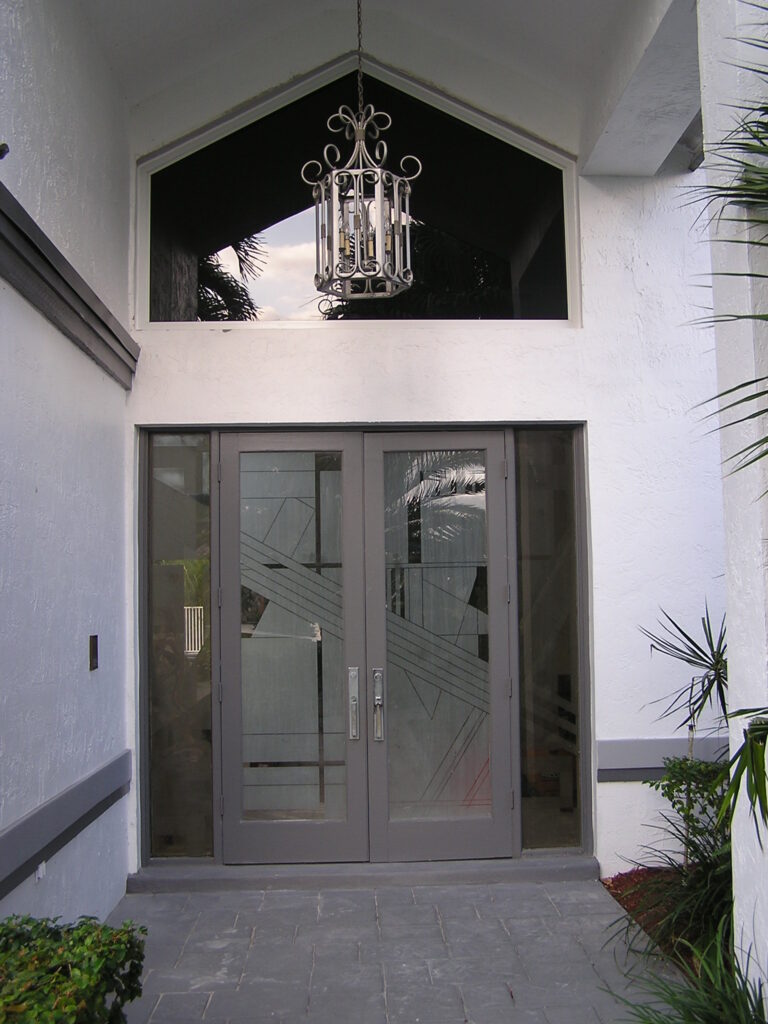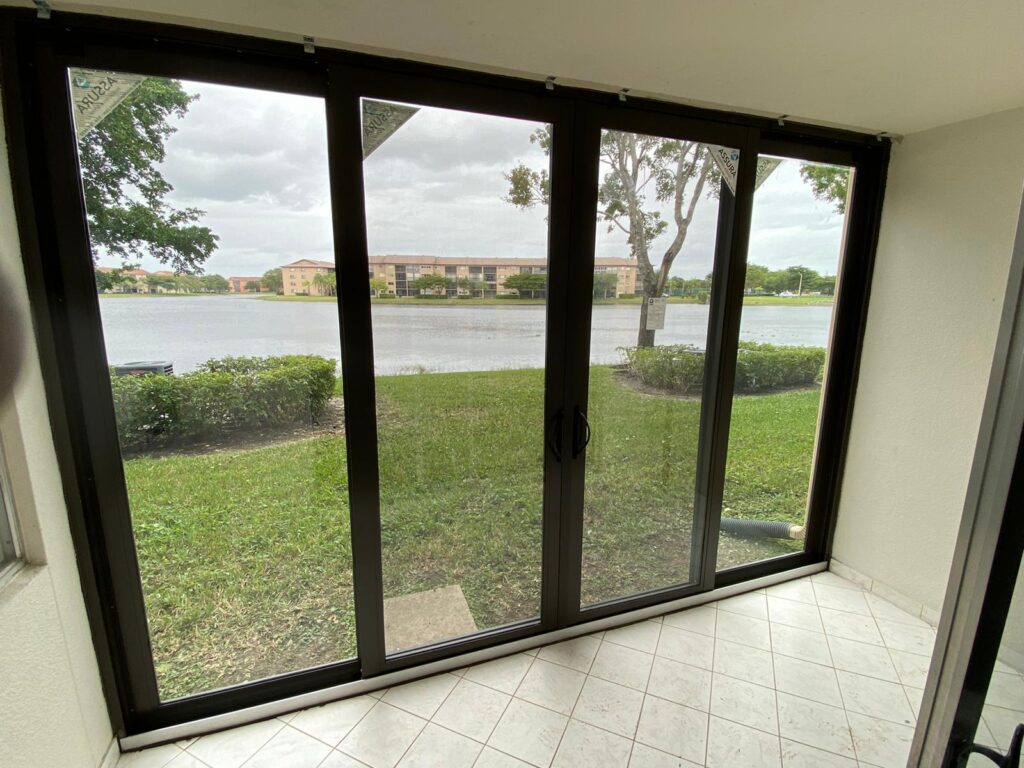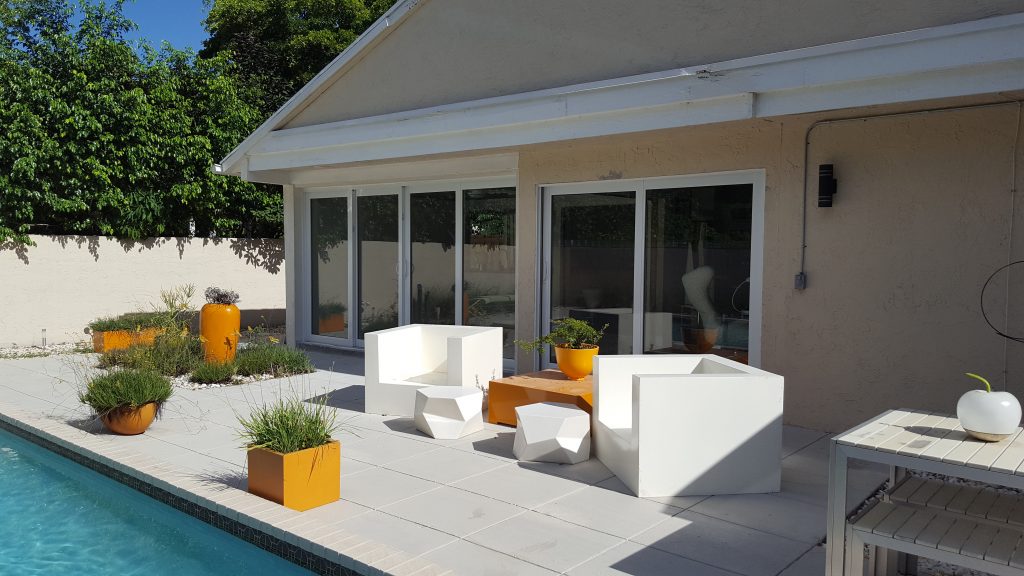With Impact Window and Door Replacement Experience Matters
Replacing your windows and exterior doors with hurricane-rated products can dramatically improve the look of your home. With that said, it is critical to have an experienced professional providing the estimate and an expert installation team to ensure the job is done correctly.
GM – Door, Window & Screen has been in business since 1968 and has the experience and expertise to do the job correctly. We are family-owned and operated and will treat you like family.
Having been in business for so long, GM has already done work in just about every neighborhood and many condominium complexes in the area. This is important because we are familiar with the architecture of the many builders in the region and the challenges that will arise when it comes time to replace your old windows and doors with new impact windows and exterior doors. GM is also very knowledgeable about specific community and city regulations, so your installation will go smoothly. In addition, we have hundreds of references for you to check. And the answer is yes to the question, “Do I need a permit to replace windows and entrance doors in my house?”
It should be noted window replacement in condominiums presents its own unique challenges. This includes understanding the rules of working within the community and the specific architecture of the building itself. Steal frame buildings require special attention to ensure the work is done correctly.
Our experienced installation teams are in-house, and we do not subcontract work, allowing us excellent quality control when installing your new hurricane windows and exterior doors. Some companies subcontract the installation, which opens up the possibility that your new windows or doors might not be installed properly. What is worse is that the issue with the installation might not show up until months later.
GM – Door, Window & Screen provides the finest products and will work within your budget. Call us for a free estimate at (954) 797-0797.



